CBD for Alzheimer’s and Dementia – Everything you need to know!
Estimated reading time: 9 minutes
- Introduction
- What is Alzheimer's and Dementia
- Different types of Dementia
- Early signs of Alzheimer's and Dementia
- What does CBD do for the brain?
- CBD for Alzheimer's and Dementia
- CBD dosage for Alzheimer's and Dementia
- Clinical studies of CBD for Alzheimer's and Dementia
- FAQ – CBD for Alzheimer's and Dementia
- Alzheimer's and Dementia: Recommended CBD products

Introduction
Ageing is inevitable – it is going to happen to us all! Ageing of the body and ageing of the brain are two different things. We exercise, we eat healthily, we try to limit alcohol – all in the name of keeping the body young and healthy. An ageing brain can develop into Alzheimer's disease or Dementia, which is devastating for both the patient and the family. But what can we do to keep the brain young and healthy? CBD for Dementia could be the answer. It can slow the progression of the diseases – may be even preventing it in the first place. Find out everything you need to know about CBD for Alzheimer's and Dementia.
What is Alzheimer's and Dementia
Dementia is a syndrome, not a disease. A syndrome is a group of symptoms that doesn't have a definitive diagnosis. Dementia is a group of symptoms that affects mental cognitive tasks such as memory and reasoning. Dementia is an umbrella term that Alzheimer's disease can fall under. It can occur via different conditions, the most common of which is Alzheimer's disease. So Alzheimer's is a variety of Dementia.
Different types of Dementia
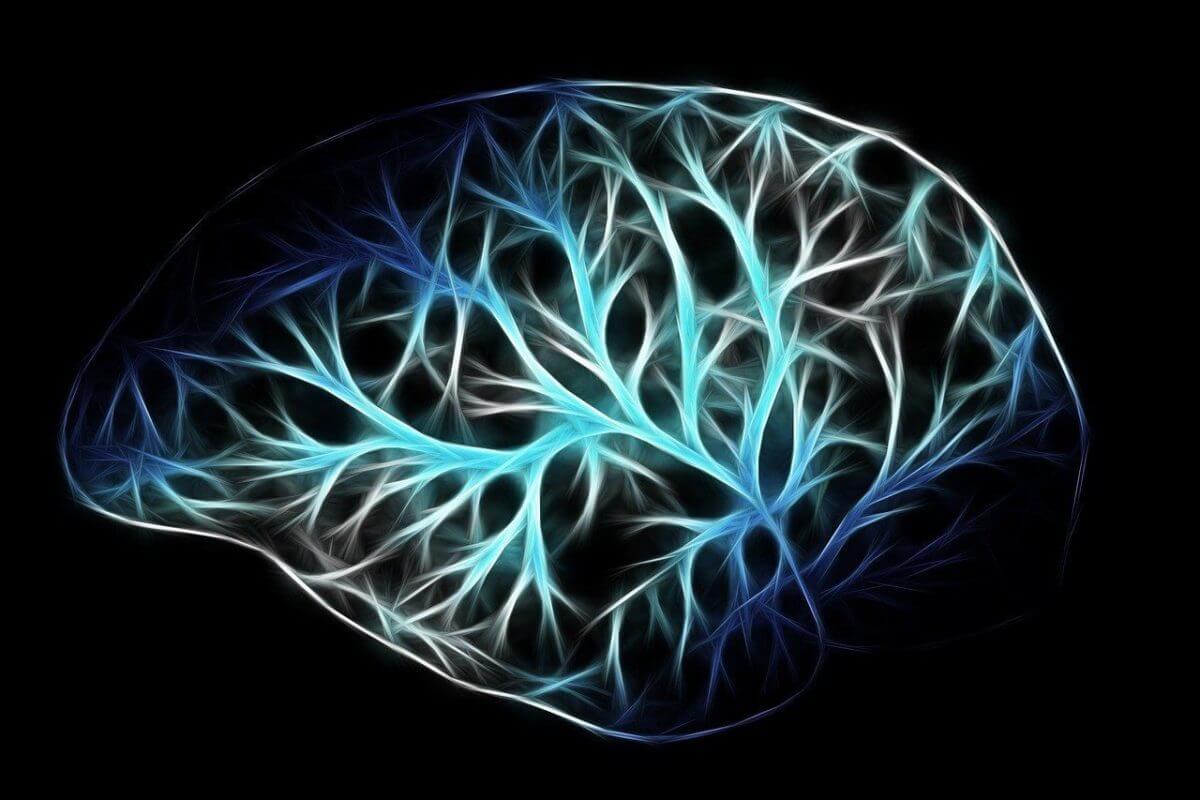
Up until now, we have actually determined 10 different types of dementia:
- Alzheimer's disease
- Vascular dementia
- Parkinson's disease
- Dementia with Lewy bodies
- Huntington's disease
- Wernicke-Korsakoff syndrome
- Frontotemporal dementia
- Creutzfeldt-Jakob disease
- Normal-pressure hydrocephalus
- Other causes of dementia
All the common diseases we connect to growing old are all under the umbrella of Dementia. They are all about cognitive health.
Ageing involves subtle changes in brain structure, chemistry, and function that commonly begin in midlife. By the time we reach our 60s and beyond, our brains are usually smaller in size, with decreased blood flow and lower levels of neurotransmitters and hormones.
Although the brain loses some neurons as we grow older, the losses aren't as dramatic or as widespread as scientists once thought. Likewise, pronounced declines in memory and cognitive abilities are no longer considered natural consequences of the ageing process. We now know they're symptoms of disease processes like dementia, the severe and progressive decline in memory, communication, and thinking.
Early signs of Alzheimer's and Dementia

Knowing the early signs of any form of Dementia can be the best prevention.
Dementia symptoms vary depending on the cause, but common signs and symptoms can include:
Cognitive changes
- Memory loss, which is usually noticed by a spouse or someone else
- Hard to communicate or finding words
- Difficulty with visual and spatial abilities, such as getting lost while driving
- Challenging to reason or solving problems
- Troublesome handling complex tasks
- Not handling planning and organizing well compared to before
- Losing coordination and motor functions
- Confusion and disorientation
Psychological changes
- Personality changes
- Depression
- Anxiety
- Inappropriate behaviour
- Confusion
- Agitation
- Withdrawal from work or social activities
What does CBD do for the brain?

CBD has been known to provide relief for ailments such as inflammation, arthritis, help with sleep, bone growth, bone disease, seizures, anxiety, and certain types of cancer. With millions of these claims, it begs the question, what is it doing to our brains and our bodies?
When it reacts with a receptor such as dopamine (our FEEL-GOOD hormone), it can help the body produce more cannabinoids and regulate behavior and cognition. One of the main reasons CBD has gained fame is its ability to target the serotonin (another FEEL-GOOD hormone) receptors, which can help with disorders involving pain, depression, anxiety, nausea, vomiting, schizophrenia, and more.
Antioxidants are compounds that fight the damaging oxidative stress that our cells and brain. Research on CBD has shown that it acts as an antioxidant and that its antioxidant properties seem to provide protection for the brain. Additionally, scientists have observed that CBD's antioxidant neuroprotective effects are more powerful than other substances with well-known brain-protective benefits, such as vitamin C, and vitamin E.
More about CBD from our Experts
CBD for Alzheimer's and Dementia

The dementia-related conditions that can be helped by CBD include Alzheimer's disease, Vascular Dementia, Dementia with Lewy bodies (DLB), Parkinson's disease, Frontotemporal dementia, and Huntington's disease.
According to researchers at California's Salk Institute, their 2017 study has found evidence that cannabinoids such as CBD could help remove dementia from, and increase connections between, brain cells. Those results were validated by other laboratories. While the US Food and Drug Administration has yet to approve a CBD medication for the purposes of treating dementia, it has approved a CBD-based medication for treating epilepsy.
There are three ways CBD can work to improve health outcomes for people with dementia: by reducing inflammation, by reducing oxygen build-up, and by working as a brain stimulant and neuroprotective. CBD may also reduce stress and anxiety in the individual with dementia, as well as reduce the decline of memory and other brain functions.
It should be noted that much controversy surrounds CBD and the claims companies have made as to its positive effects. It is to be said that CBD can affect the metabolism of other drugs (look for the grapefruit-warning on your prescription medication) and if you are taking blood thinners, do not start taking CBD without contacting your doctor first.
CBD dosage for Alzheimer's and Dementia
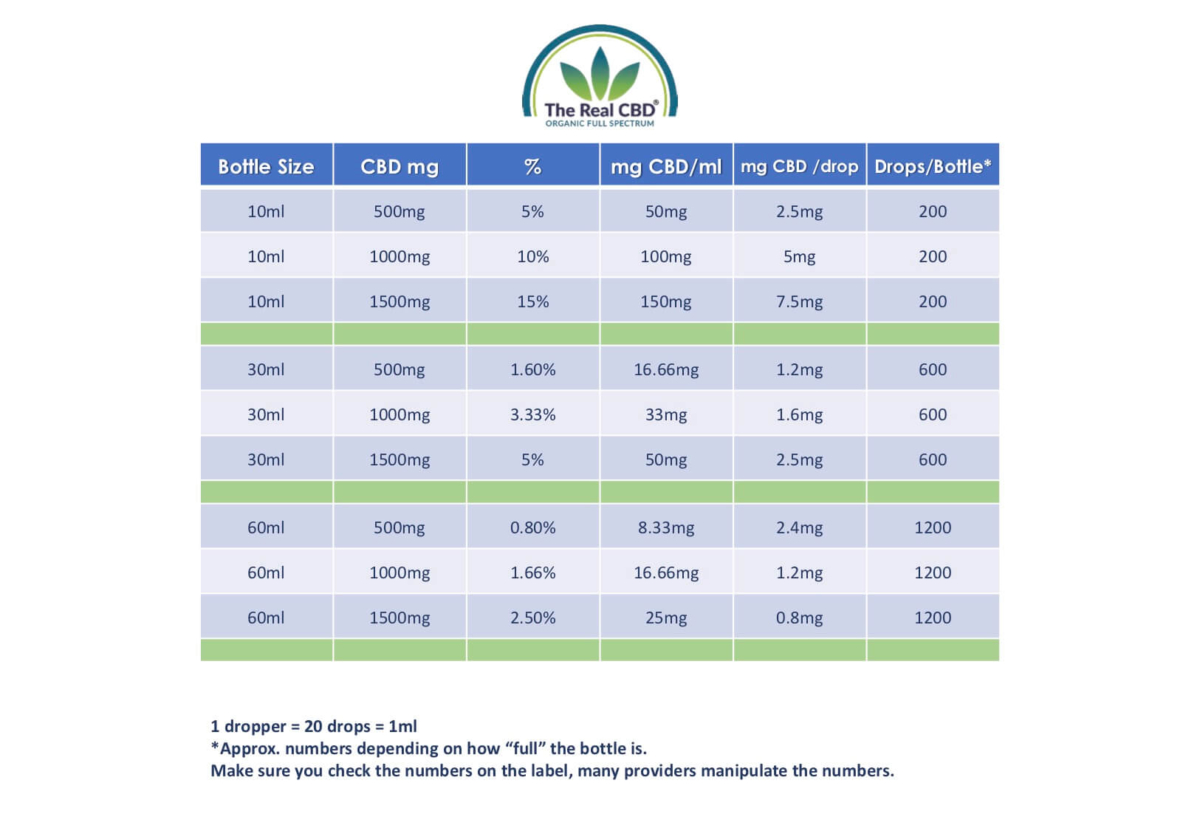
(Let's get the legal stuff out of the way first)
It is important to note that CBD products are not approved by any legal entity for the diagnosis, cure, mitigation, treatment, or prevention of any disease. We are restricted from making any claims about the efficacy of our specific CBD products to treat or cure any disease or medical condition. So the following is only what we recommend.
Start Low and Go Slow
The first step to finding your minimum effective dose is to establish a baseline dosage. Since many people report good results with CBD at low doses, we suggest you start with a minimal dose and slowly increase the dosage until you find results. Ex. 2 drops twice a day. IMPORTANT: keep the oil under your tongue (without swallowing) for as long as possible – even 10 minutes.
Maintain your baseline dosage for 2–3 days, taking note of how the CBD interacts with your body.
After the initial 2–3 days of your baseline CBD dosage, if you are not receiving the benefit you need, then increase the daily dosage by 1–2 drops.
Typically, people decide to try CBD because of a specific condition, only to find it helps other areas of their body as well. Remember, your endocannabinoid system runs throughout the entire body at a cellular and subcellular level. CBD is a whole-body compound. When you start taking CBD for the first time, pay attention to everything going on in your body. Do not be surprised if you find various benefits from your dosage.
Clinical studies of CBD for Alzheimer's and Dementia

We share a few clinical studies on CBD for Alzheimer's and Dementia for your information. There are lots more out there, but as Alzheimer's disease is the most common form of dementia we have included the most informative studies for that.
- Long-term Cannabidiol Treatment Prevents the Development of Social Recognition Memory Deficits in Alzheimer's Disease Transgenic Mice
- A Review on Studies of Marijuana for Alzheimer's Disease – Focusing on CBD, THC
- In vivo Evidence for Therapeutic Properties of Cannabidiol (CBD) for Alzheimer's Disease
- Cannabidiol Modulates the Expression of Alzheimer's Disease-Related Genes in Mesenchymal Stem Cells
FAQ – CBD for Alzheimer's and Dementia

CBD may offer supportive benefits for managing some symptoms associated with Alzheimer's and dementia, such as agitation and anxiety. While research is ongoing, some studies suggest CBD could have neuroprotective properties that might be beneficial.
CBD is generally considered safe, but it's important to consult with a healthcare professional before starting any new supplement, especially for individuals with Alzheimer's or dementia, to ensure it doesn't interfere with existing medications or conditions.
CBD is believed to interact with the body's endocannabinoid system, which plays a role in regulating a variety of functions including mood, memory, and inflammation. Its potential anti-inflammatory and antioxidant effects might help protect brain cells, though more research is needed to fully understand its impact.
The best form of CBD (e.g., oils, capsules, edibles) can vary based on individual preference and ease of administration. It's important to choose high-quality, lab-tested products and to start with a low dose, gradually increasing as needed under medical supervision.
The response time to CBD can vary widely among individuals. Some might notice improvements in symptoms like anxiety or agitation relatively quickly, while other benefits, particularly those related to cognitive function, may take longer to become apparent. Consistent, daily use over several weeks or months is often recommended to evaluate effectiveness.
Alzheimer's and Dementia: Recommended CBD products
-
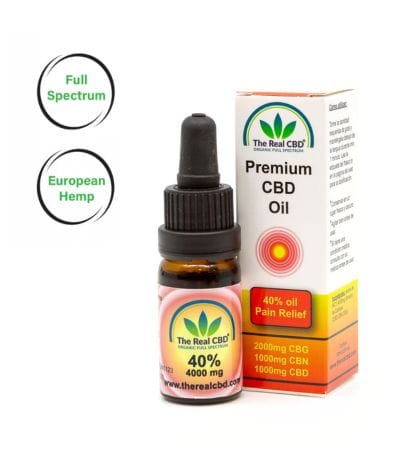 40% Pain Relief oil€179.00
40% Pain Relief oil€179.00 -
Product on sale
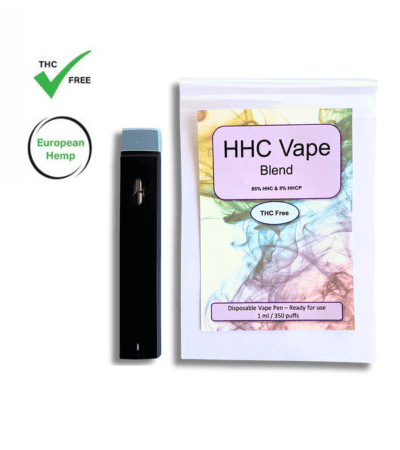 HHC VapeOriginal price was: €55.00.€35.00Current price is: €35.00.
HHC VapeOriginal price was: €55.00.€35.00Current price is: €35.00. -
Product on sale
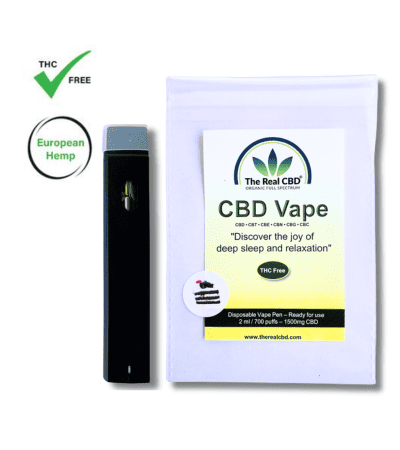 CBD Vape – Broad Spectrum€30.00 – €45.00
CBD Vape – Broad Spectrum€30.00 – €45.00 -
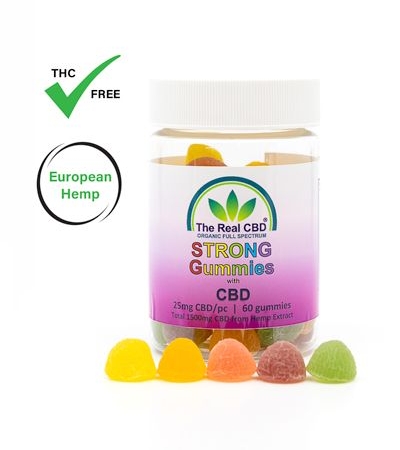 CBD gummies – 25mg CBD€36.00
CBD gummies – 25mg CBD€36.00 -
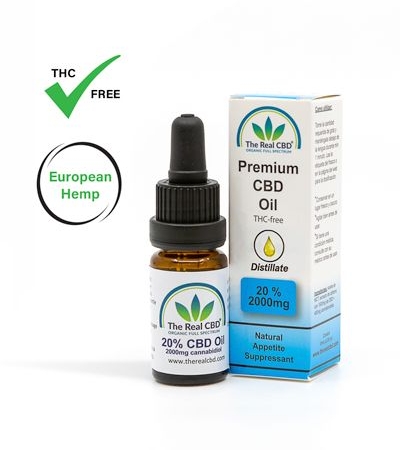 20% CBD oil – Distillate€92.00
20% CBD oil – Distillate€92.00 -
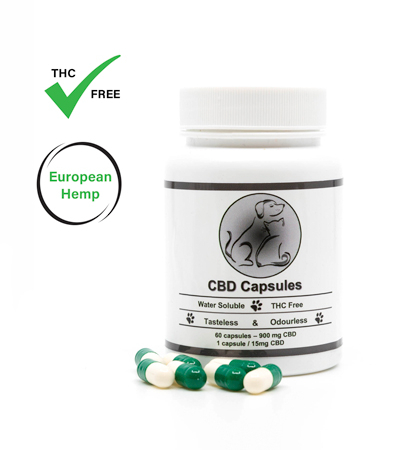 5% CBD Capsules for Pets€59.00
5% CBD Capsules for Pets€59.00 -
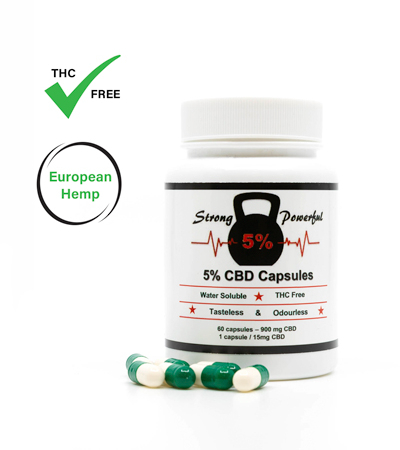 CBD Capsules for Athletes€59.00
CBD Capsules for Athletes€59.00 -
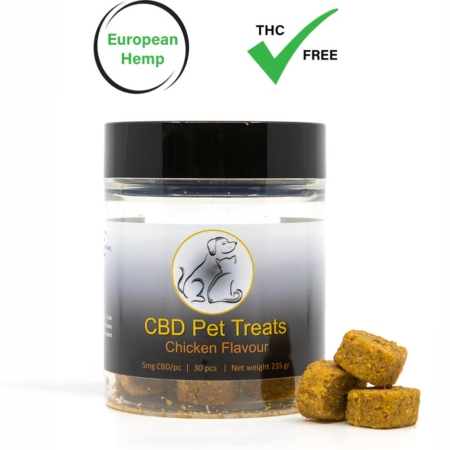 CBD Pet Treats – 5mg CBD – Chicken Flavour€29.00
CBD Pet Treats – 5mg CBD – Chicken Flavour€29.00 -
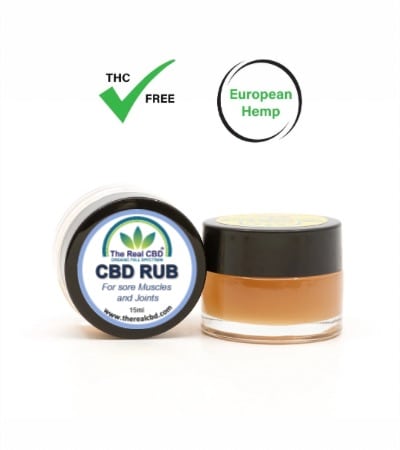 CBD Rub€17.50
CBD Rub€17.50 -
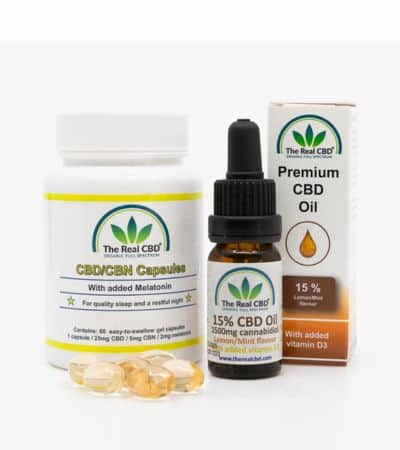 CBD Sleep Support Pack€108.00
CBD Sleep Support Pack€108.00 -
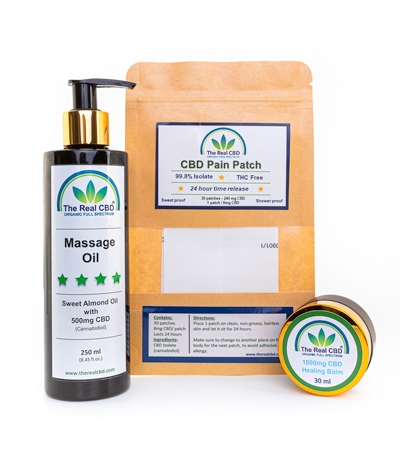 CBD Massage pack€120.00
CBD Massage pack€120.00 -
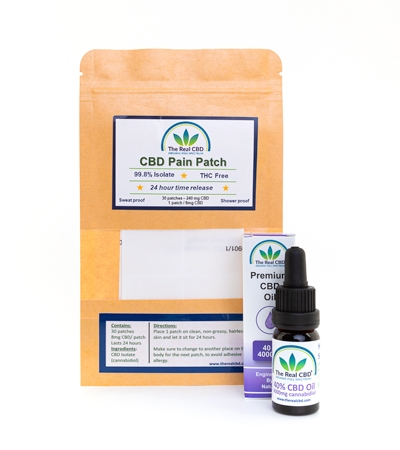 CBD Severe Pain Pack€183.00
CBD Severe Pain Pack€183.00

I am a certified expert in Medicinal Cannabis. We are all about giving correct and trustworthy information. We know how important it is to learn about CBD and cannabis, which is why we want to be your go-to source for trustworthy information. We help you improve your health by using our knowledge and experience as a starting point.



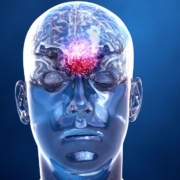




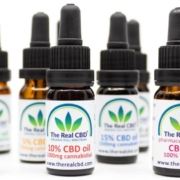





Leave a Reply
Want to join the discussion?Feel free to contribute!